We are through week five of breeding now in Clara and into the sixth and final week of AI with the milking herd. Cows have held very well to first service, apart from one bull that has had a below-average conception rate. Our sexed semen serves actually held better than this bull’s conventional straws so we have stopped using him for the second round of AI.
Grass growth has kicked off well over the last few days with welcome heat and sunshine. This has given us a good opportunity to get the first cut of silage harvested. We have covered most of these silage fields with slurry to drive grass on for a good second cut and we will get fertiliser out this week on both the silage ground and grazing paddocks.
The silage went into the pit dry and looks like excellent quality feed for both milkers and youngstock. We will mix in some straw for dry-cows if it is needed. The second cut should have a good opportunity to grow a heavy crop of silage now, if we get enough rain over the next few weeks. Ground is dry, but a small amount of rain would keep grass moving well enough this early in the year.
Our calves got a touch of coccidiosis last week out in the paddock. We dosed them with Bovicox and they have responded very well to the treatment. We dosed the rest of the calves in the shed with the same product, so hopefully that will prevent them getting the same problem. We still have 10 calves on milk in the shed but everything else is out in the paddock grazing. The lightest and youngest calves are getting a kilo of concentrate to keep them pushed along.
Off farm, I was at a very informative IFA meeting about the Nitrates Derogation review this week.
The Department of Agriculture implements the Nitrates Derogation, but the Department of Housing, Planning and Local Government is the lead authority for deciding on the terms and conditions of the derogation.
It is concerning that it has decided to review the terms and conditions of the derogation only 18 months into a programme that was agreed by all stakeholders.
With most conditions up to now geared around improving water quality, there is an appetite to add more climate change and air-quality actions and terminology to the derogation conditions.
This would have to be looked at as a move towards tighter restrictions in the near future on cow numbers and stocking rates. While all farmers understand the need to improve water quality, air quality and mitigate against climate change, we have already invested heavily in this space, with billions spent on pollution control alone over the last 10 years.
Investments
We are also prepared to put our shoulders to the wheel again to make investments or undertake measures to mitigate against environmental issues.
Renewable energy, low-emission slurry spreading, planting trees in corners or in hedges, protecting watercourses and using new technologies to become more efficient are just a few measures that farmers would be very willing to adopt, with the right supports in place.
Dairy cows on derogation farms bring billions of euros of income into towns and villages right across the country every year, they create tens of thousands of jobs in rural Ireland and are part of the biggest indigenous industry that we have in the country. To lose the derogation would be catastrophic for rural Ireland to the extent that the Department of Social Protection would need a huge budget in place to pick up the shortfall.
Hopefully this has all been thought through properly in Government buildings and with plenty of encouragement from our representatives in the IFA, common sense will prevail.




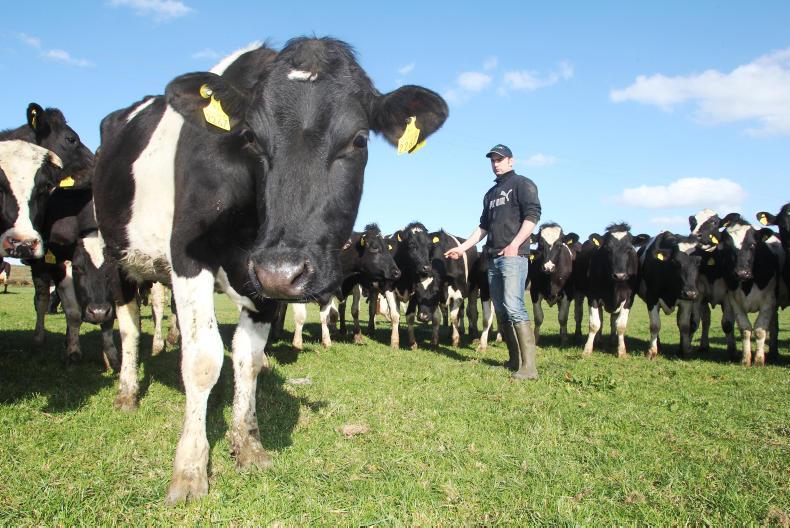
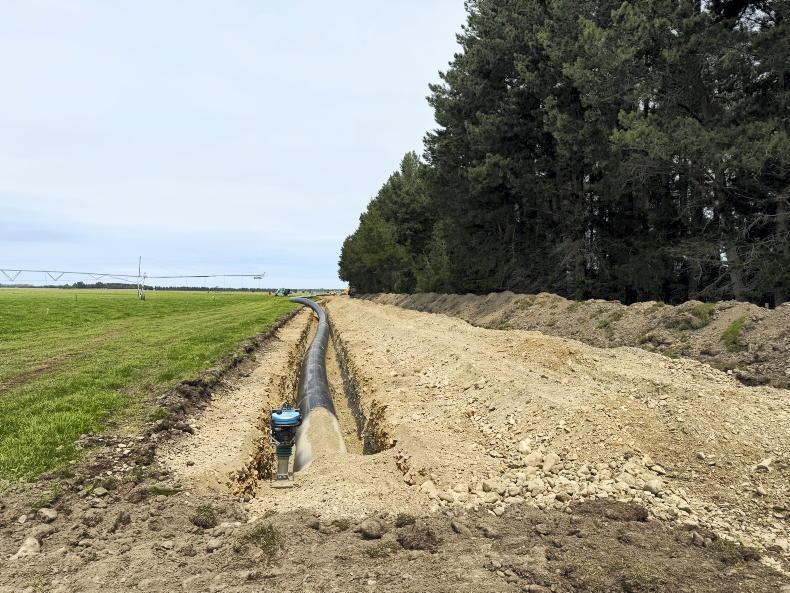

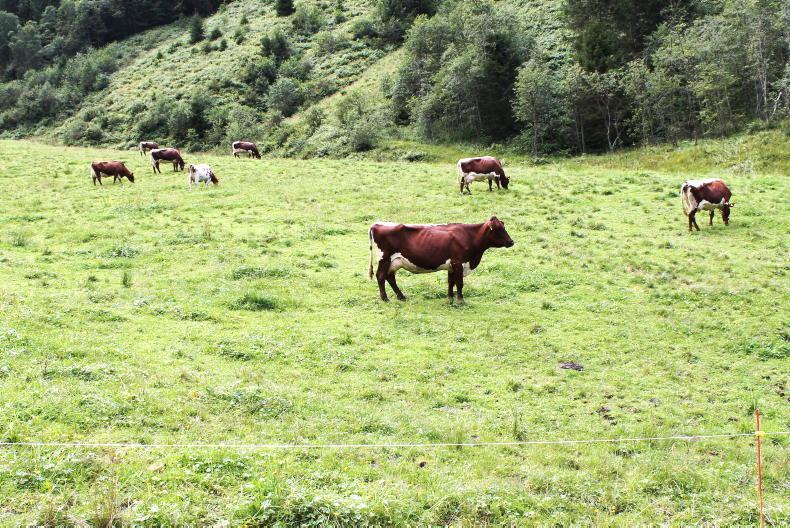
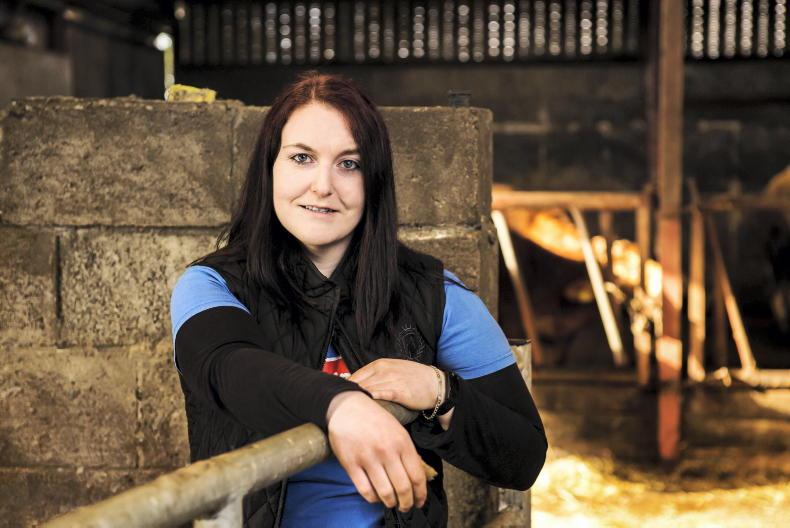
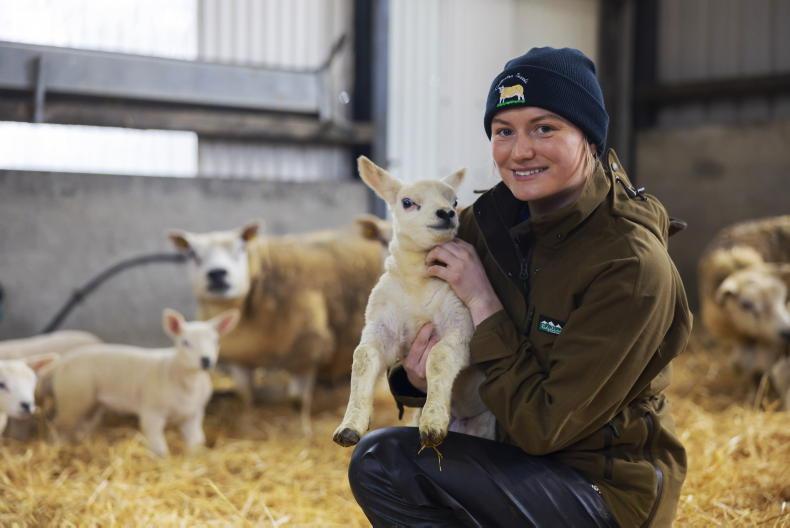
SHARING OPTIONS